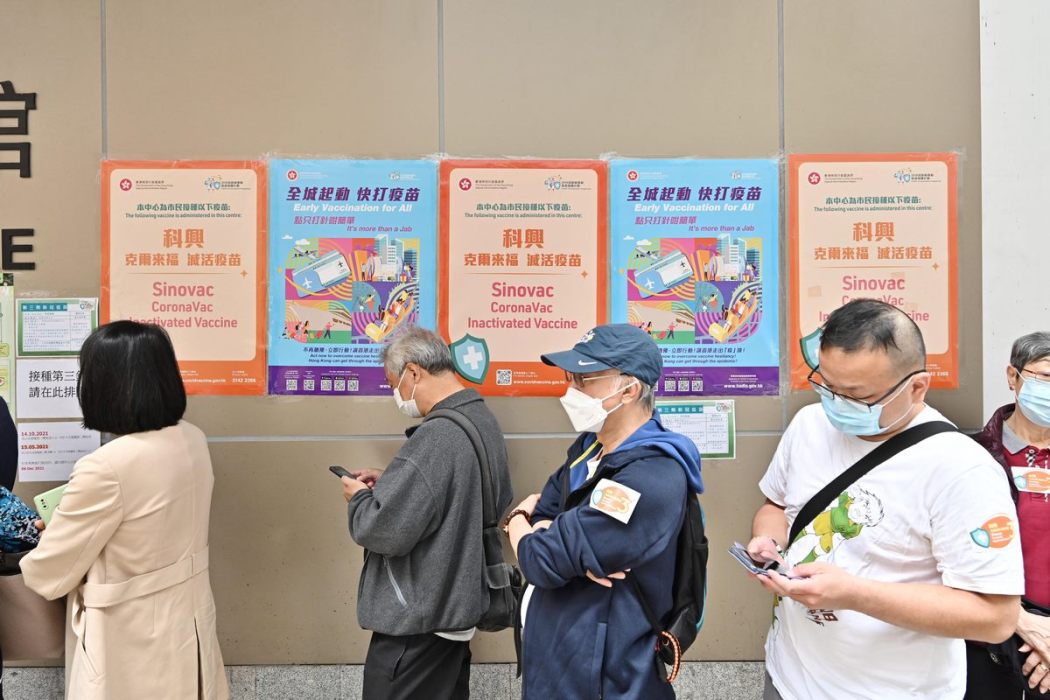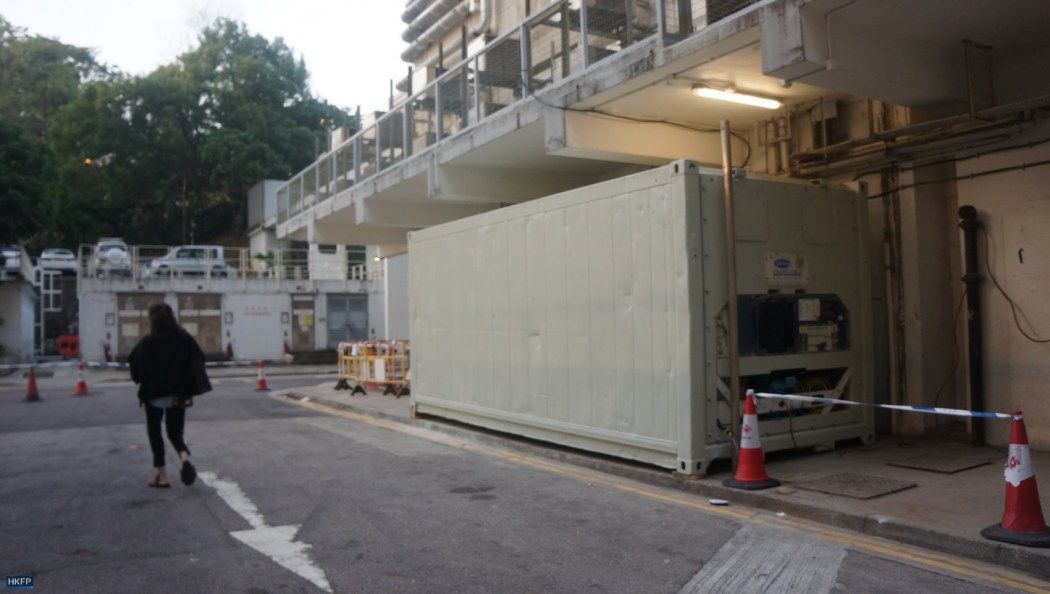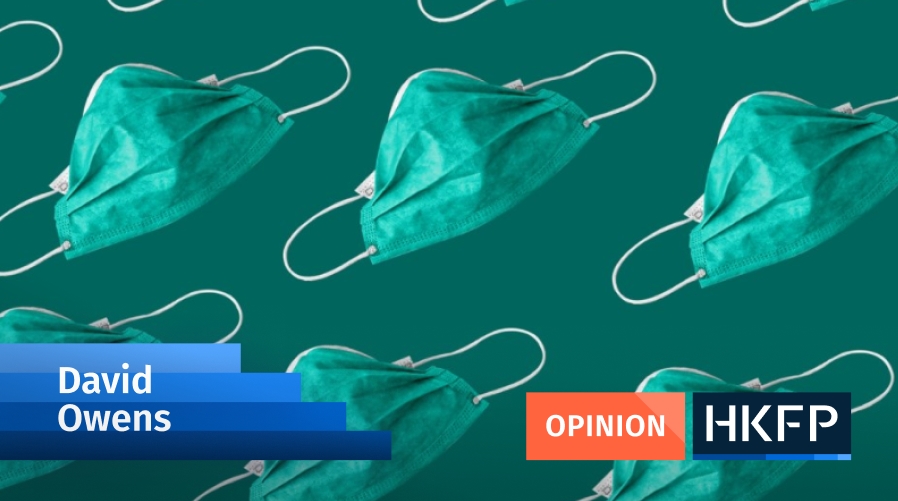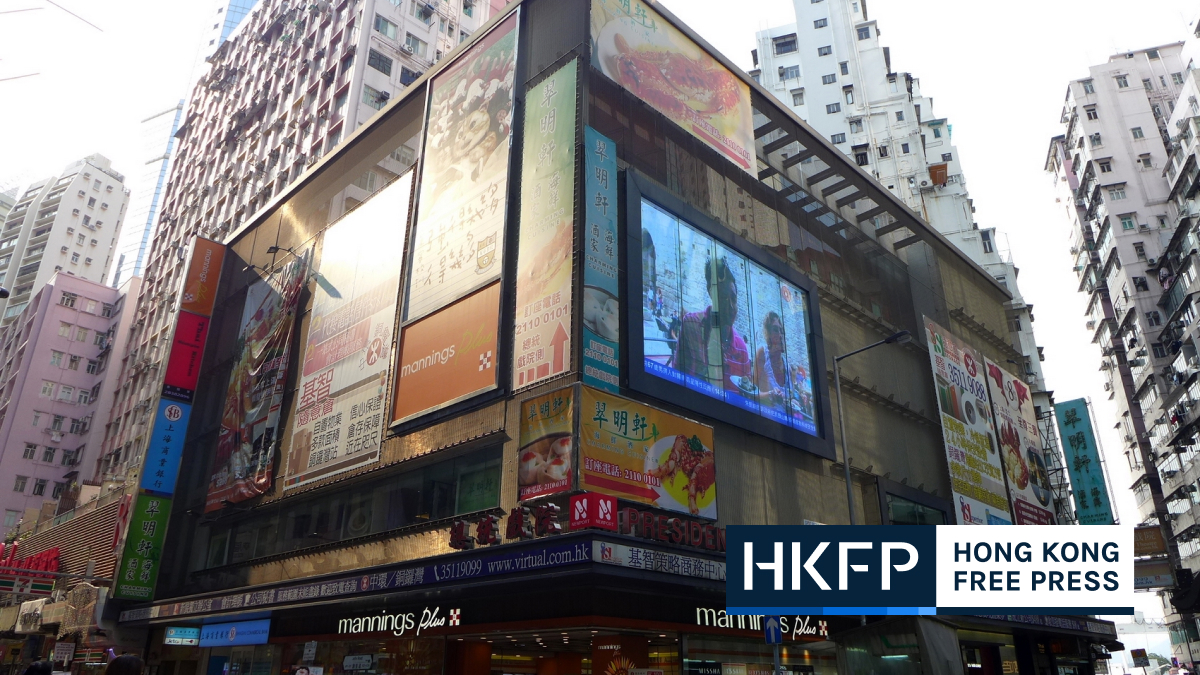Authorities have defended the effectiveness of the Sinovac vaccine following a report showing that majority of fifth-wave deaths among vaccinated Covid-19 patients had received the China-made jab.

The Centre for Health Protection’s Chuang Shuk-kwan said during Sunday’s Covid-19 briefing that a recent report was “a bit misleading” and needed clarification, referring to an article published by Ming Pao earlier that day.
She said that, since the fifth wave began, the fatality rate for those who were unvaccinated was 2.58 per cent. The figure fell to 0.09 per cent for patients who had received two doses of Covid-19 jabs.
Among elderly aged 80 and above, the age group that constitutes an overwhelming percentage of Covid-19 deaths, even getting one shot of either the Sinovac jab or the German-made BioNTech vaccination considerably reduced the fatality rate by “almost three times,” Chuang added.
“The issue is not about which jab offers more protection. The most important thing is whether you get vaccinated,” Chuang said, citing figures based on the first 5,436 Covid-19 deaths since the fifth wave began.
At present, 38.95 per cent of those aged 80 or over have received two doses of a Covid-19 vaccine, according to government data. Almost 78 per cent of them opted for Sinovac.

The data presented by Chuang, however, showed that fatalities among patients aged 80 and above who received the Sinovac jab were higher compared with those who opted for BioNTech.
Research has consistently shown that Sinovac is less effective than the BioNTech vaccine at providing protection from Covid-19 infection, including against the Omicron variant.
Chuang said the death rate for elderly patients aged 80 and above who were vaccinated with one shot of Sinovac or BioNTech was 5.83 per cent and 3.44 per cent, respectively.

The statistics read out by Chuang were also published in a government statement on Sunday, which warned against the “misleading” media report. “Both COVID-19 vaccines available in Hong Kong are safe and highly effective in protecting against severe disease and death from COVID-19 infection,” it read.
Withheld data
The official figures were publicised hours after Ming Pao’s report analysing Hospital Authority data on 5,167 Covid-19 deaths, 70 per cent of which were unvaccinated. Among those who had been vaccinated, 87 per cent had received Sinovac, and 12 per cent had gotten the BioNTech shot.
It was unclear how Ming Pao accessed the statistics. In February, health authorities refused to disclose data on which Covid-19 vaccine Omicron patients had taken to HKFP, claiming the information “was not readily available.”

University of Hong Kong (HKU) epidemiologist Ben Cowling told HKFP earlier that a breakdown would “definitely” be beneficial to understand how well vaccines were able to protect individuals against infection and severe disease.
Despite research on the lower effectiveness of Sinovac, more than 75 per cent of vaccinated elderly aged 80 or above have opted for the China-made jab, which is perceived to have fewer side effects.
Chief Executive Carrie Lam, who received three Sinovac jabs, has called on the public not to bring politics into “what is a scientific issue for the good of Hong Kong.”
Hong Kong has reported 1,047,690 Covid-19 cases and 5,896 deaths, as of Sunday.
Support HKFP | Policies & Ethics | Error/typo? | Contact Us | Newsletter | Transparency & Annual Report | Apps
Help safeguard press freedom & keep HKFP free for all readers by supporting our team















